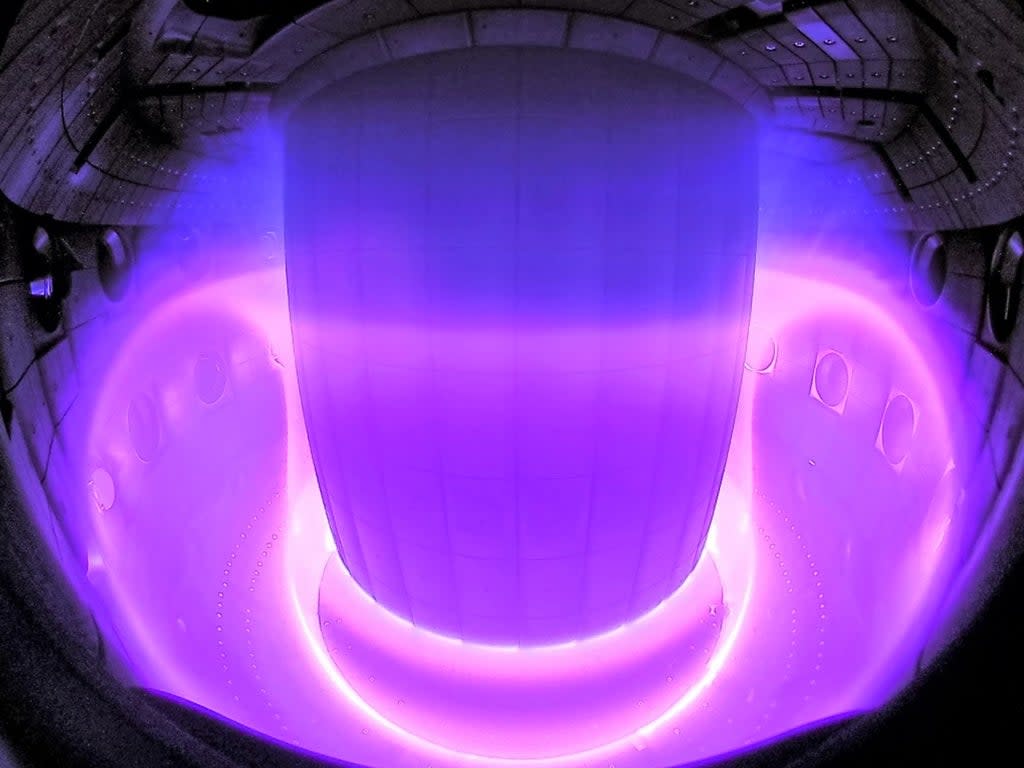Google’s DeepMind AI can now manipulate nuclear fusion

Google’s artificial intelligence division DeepMind has trained an AI to control the superheated plasma inside a nuclear fusion reactor, opening up new avenues to advance the arrival of unlimited clean energy.
Nuclear fusion is the process by which our sun and other stars power themselves, however after decades of research it remains frustratingly out of reach.
The potential of nuclear fusion is massive, with physicist Dr Arthur Turrell recently describing it as “a breakthrough in human history akin to the adoption of electricity”.
One of the main challenges to achieving this is to shape and maintain a high-temperature plasma within the reactor. Temperatures inside a nuclear fusion reactor reach hundreds of millions of degrees, transforming matter into a plasma state that is neither solid, liquid, nor gas.
In order to extract energy from it, scientists need to somehow hold the plasma together. In stars this is achieved through gravity, however on Earth the process requires lasers or magnets.
In collaboration with Ecole Polytechnique Federale de Lausanne’s (EPFL) Swiss Plasma Center (SPC), DeepMind used its advanced deep learning tools to manipulate the superheated plasma within a magnet-based reactor, known as a tokamak.
DeepMind’s AI was able to constantly control the plasma by taking 90 different measurements 10,000 times a second, and adjusting the magnetic field accordingly.
“Our simulator is based on more than 20 years of research and is updated continuously,” said SPC scientist Federico Felici. “But even so, lengthy calculations are still needed to determine the right value for each variable in the control system. That’s where our joint research project with DeepMind comes in.”
DeepMind added: “This is another powerful example of how machine learning and expert communities can come together to accelerate scientific discovery.”
Today in @nature, with @EPFL, the first deep reinforcement learning system that can keep nuclear fusion plasma stable inside its tokamaks, opening new avenues to advance nuclear fusion research.
Paper: https://t.co/UdIIfNgaap pic.twitter.com/gH2nNc71nK— DeepMind (@DeepMind) February 16, 2022
DeepMind first gained public recognition through its work in developing AI algorithms capable of mastering video games and beating the world’s best human players at the notoriously complex board game Go.
Founder and CEO Demis Hasabis has said his eventual aim for the UK-based company is to use AI as “the ultimate tool to accelerate scientific discovery in almost any field”.
The latest research was published in the journal Nature on Wednesday.

 Yahoo News
Yahoo News 
